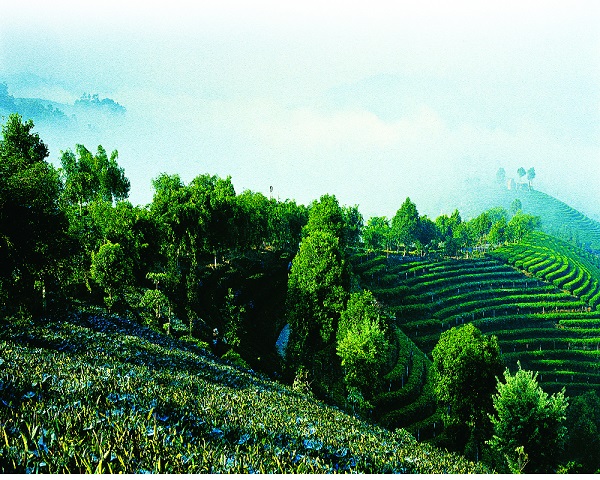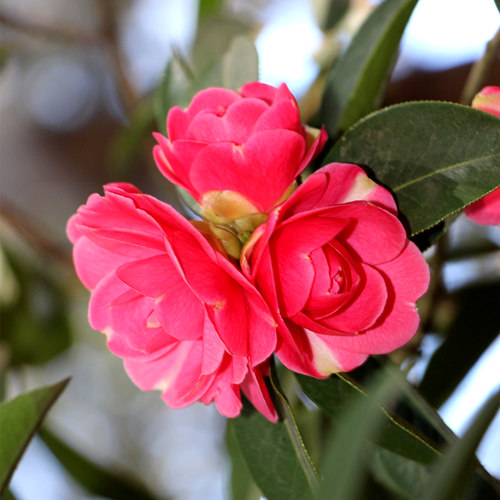
Detailed Introduction to Yongde County of Lincang
Yongde County (永德县) is a vibrant and historically rich region located within Lincang City in southwestern Yunnan Province, China. Known for its lush landscapes, diverse ethnic cultures, and robust agricultural traditions, Yongde County offers a unique blend of natural beauty and cultural heritage. This detailed introduction covers its geographical features, historical background, economic development, ethnic and cultural heritage, major tourist attractions, transportation, and future prospects.
Geographical Location and Climate
Location:
Yongde County is situated in the eastern part of Lincang City, forming part of Yunnan’s complex mosaic of highlands and valleys. Covering an area of approximately 2,500–3,000 square kilometers (exact figures vary by source), the county is nestled among rolling hills and mountainous terrain that extend into the border regions of Southeast Asia.
Terrain and Environment:
Mountainous Landscapes: The county is characterized by undulating hills and dramatic mountain ranges, which create a scenic backdrop and form numerous fertile valleys ideal for agriculture.
Water Resources: Several rivers and streams flow through Yongde, contributing to its rich soil and providing essential irrigation for local farms.
Biodiversity: The diverse topography supports a wealth of plant and animal species, making the area attractive for eco-tourism and natural conservation.
Climate:
Subtropical Monsoon Climate: Yongde enjoys a mild subtropical climate with warm, humid summers and cooler, relatively dry winters.
Temperature and Rainfall: Average annual temperatures generally range between 14°C and 22°C. The region experiences abundant rainfall during the monsoon season, which sustains its lush vegetation and agricultural productivity.
Historical Background
Yongde County has a long and storied history that reflects the broader historical evolution of southwestern Yunnan:
Ancient Settlement: In ancient times, the area was home to various indigenous communities and played an integral role in regional trade networks.
Trade Routes: Yongde was an important segment of the ancient Tea Horse Road, a network that facilitated the exchange of tea, horses, and other goods between Yunnan, Tibet, and Southeast Asia.
Ethnic Legacy: Over the centuries, multiple ethnic groups, including the Dai, Lahu, Yi, and Han peoples, settled in Yongde. Their interactions have created a rich tapestry of traditions and customs that still influence local life today.
Modern Era: With administrative reforms in the 20th century, Yongde was established as a county under Lincang City. Since then, it has experienced gradual modernization, balancing development with the preservation of its historical and cultural identity.
Economic Overview
The economy of Yongde County is predominantly based on agriculture, with emerging sectors in eco-tourism and small-scale industries that complement its traditional strengths.
1. Agriculture
Agriculture is the backbone of Yongde’s economy:
Tea Production: Yongde is part of the Pu’er tea-producing region. Its highland conditions are ideal for cultivating high-quality tea, which is processed into both raw and fermented Pu’er tea.
Cash Crops: In addition to tea, tobacco is a significant cash crop in the county, widely grown by local farmers.
Food Crops: Staple crops such as rice, maize, and various vegetables are cultivated in the fertile valleys, ensuring food security and supporting local markets.
Fruits and Medicinal Herbs: The favorable climate also supports the production of tropical and subtropical fruits, as well as a variety of medicinal herbs used in traditional Chinese medicine.
2. Eco-Tourism and Cultural Industries
Eco-Tourism: With its pristine natural scenery, Yongde is developing eco-tourism initiatives that include hiking, birdwatching, and guided nature tours through its forests and valleys.
Handicrafts: Traditional crafts such as bamboo weaving, embroidery, and silver jewelry production are important to the local economy. These crafts are not only cultural expressions but also serve as valuable commodities in local markets and for tourists.
3. Small-Scale Industries
The county supports small-scale industries focused on the processing of agricultural products—particularly tea and tobacco—as well as food processing and light manufacturing. These industries help add value to local produce and boost overall economic growth.
Ethnic and Cultural Heritage
Yongde County is home to a diverse mix of ethnic groups, whose traditions and cultural practices enrich the region’s identity.
1. Dai Culture
Festivals: The Dai people are known for their vibrant Water Splashing Festival, which celebrates the New Year with communal water fights, dances, and music.
Arc



